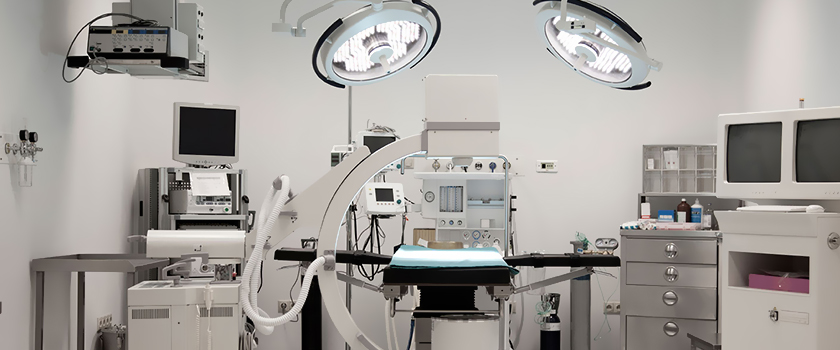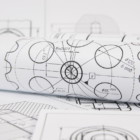It is necessary to select medical equipment correctly as it influences the kind of care you directly offer to your patients. Safe and good tools assist you in identifying the right problem and delivering the right solution. Good tools also allow you to observe the patients and help them if required. Malfunctioning of the tools or a wrong value may result in the incorrect identification of the issue and the bad treatment that may be detrimental to the patient.
Even using tools that are comfortable for patients can make their experience better and help them get better faster. The only way through which you can enhance the health of your patients is by purchasing the right medical tools and utilising them appropriately.
Top 5 Considerations To Select Medical Equipment
Knowing What You Need:
First, figure out what you need. What kind of patients will you see? What will you do to them? Do you need tools for essential checkups, fancy tests, or special surgeries? Write down a list of the tools’ jobs and what features matter to you. Look into your different choices and talk to other doctors about what they use.
Keeping Patients Safe and Healthy:
Safety and how well the tools work should be your top concerns. Pick tools with a history of being right and working well. Look for tools that meet safety rules and have gotten approval from the government. See if there have been any warnings or safety problems with specific models. Ensure the tools are easy to use and have clear instructions to avoid mistakes.
Thinking About Cost and Money:
Various medical instruments may be expensive. Cost, functionality, and durability are the main factors that must be considered when choosing these devices. It is important to know immediately how much the tools cost and how much it will cost to keep them running in the future. Consider how much it will take to train your staff and how long these tools will be helpful to you. If necessary, you can research how to stagger the cost of purchasing the tools, but the monthly instalments should be affordable.
Using the Tools and Training Staff:
The tools that you select should be user-friendly for you as well as the rest of your employees. Some factors considered when selecting tools are the controls on the tools, the screen display and the ease of setting up the tools. Check whether there are training sessions or tutorials for using these tools offered by the company that manufactures the tools so that your employees can use the tools safely and effectively. Another factor is the time that is required to train your staff, and it should be considered while making the decision.
Making Patients Comfortable:
Whenever possible, choose tools that do not cause discomfort to the patients. This is especially important during procedures or tests that may make them anxious. This may include soft cushions on tables used to examine patients or a chair that can be reclined. Consider things that help to perform some procedures more quickly or with less radiation, which will benefit patients.
Keeping the Tools Working:
Proper maintenance and assistance from mechanics are essential things that will help to keep tools efficient. Choose a supplier who provides quality service and technicians who can attend to your needs immediately. Check what exactly is covered by the warranty and whether you can quickly obtain spare parts. Easy access to maintenance and support will ensure your tools perform optimally and won’t fail since this may compromise a patient’s care.
Conclusion
It’s crucial to select medical equipment for taking good care of your patients. Think about safety, how well the tools work, and how easy they are to use. Consider the cost of the tools upfront and over time, as well as how to train your staff. Choose tools that make patients feel better and improve their experience. Make sure you can get help fixing the tools if they break. Following these steps, you can pick the best tools to give your patients the best care possible.






The Importance Of HealthCare Equipment Repair - Welcome to Menara EE Sdn Bhd
[…] reason why repairing medical equipment is crucial is to ensure patient safety. A damaged machine may fail and harm the patient. Regular […]